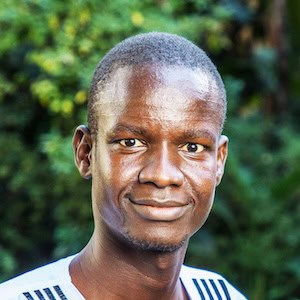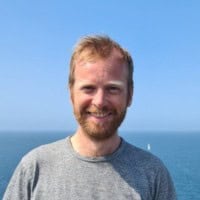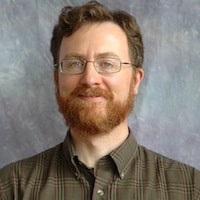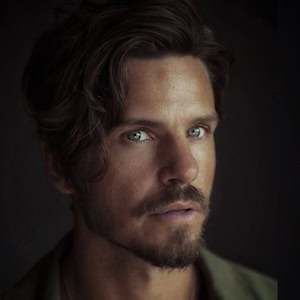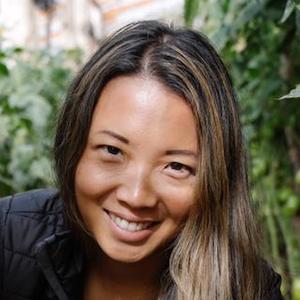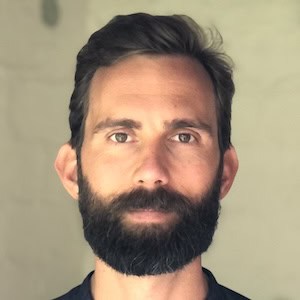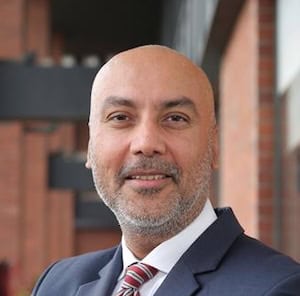-
Youth Savings: Finding the Right Financial Tools at the Right Age
With a third of the global population today under the age of 19 and 90 percent of these young people living in developing countries — 45 percent living on less than $2 a day — there is an urgent need to create easy and efficient savings mechanisms for the young. On Thursday (July 26), the Global Assets Project will host the event: Youth and Their Money: New Insights on the Financial Lives of Youth in Developing Countries
- Categories
- Education
-
The Art of ‘Nice,’ Putting ‘Care’ In African Healthcare
What’s the secret to attracting 300 patients a month to a brand new, three-room health clinic in a sprawling industrial area? It might be the free manicure/pedicure women receiver after paying for a full “head-to-toe” checkup, but more likely, it’s the value of Penda. In Swahili, Penda means love, and that’s the key to Penda Health Clinics, a new chain of low-cost health facilities in Kenya that puts “care” at the center of their business model.
- Categories
- Health Care, Social Enterprise
-
Welcoming Our New Content Partner: Mercy Corps
Mercy Corps’ status as both a relief organization responding on the ground to urgent post-disaster and post-conflict situations, and an organization developing long-term, market-driven strategies to develop economies, gives it an interesting perspective on the past, present and future of global development. That’s why I’m very happy to welcome the organization as a NextBillion Content Partner.
- Categories
- Impact Assessment
-
NexThought Monday: Angolan Robusta – Getting the Best Coffee in the World to Market
I was 100 percent sure after tasting Angolan coffee that it could overtake Brazil and Colombia, and fill all of our cafes, grocery stores and kitchen counters with its amazing lush aroma and spectacular taste. But, in interviewing cooperatives, manufacturers and buyers, I came across several caveats that hinder the Angolan coffee industry and its farmers, and thus, our access to this marvelous product.
- Categories
- Agriculture
-
Weekly Roundup: Oxford’s BoP Debate, Why ‘Old’ Arguments are Still Worth Our Time
Although a little more than two months old, “Responsible Capitalism or Business as Usual” a passionate and multi-faceted debate has been pinging its way around the Web in recent weeks. The forum hosted University of Oxford’s Saïd Business School is worth your time, even if many of the arguments and counter arguments are familiar.
- Categories
- Uncategorized
-
Guest Post: @ Rio+20 True Engagement: Discussions on Bringing the BoP into Product Development, Marketing
During the Business Day, my organization, the World Business Council for Sustainable Development (WBCSD), organized a session focused on “Eradicating poverty through inclusive business solutions”. In a nutshell, the session in Rio highlighted inclusive business models from different sectors and countries as examples of sustainable, market-based solutions in support of poverty eradication and social inclusion in the developing world. It encouraged companies to embrace inclusive business activities by identifying key success factors and opportunities.
- Categories
- Education
-
A Jobs Tale: Recruiting Workers for Husk Power
We were there to recruit electricians and linemen for our operations team. These men would be trained via Husk Power University and then sent to the field to assist especially in preparation for the upcoming monsoon months. Husk invests a lot in its employees, so it is important that we not only attract, but more importantly, retain talent once they are trained.
-
Gender Roles in Green and Inclusive Business – Replicating Old Patterns or Breaking New Ground?
The green economy has the potential to empower women – but risks replicating old gender patterns of the ‘brown’ economy, says a new DCED / GIZ study. How does the case look for social entrepreneurship and impact investing?
- Categories
- Agriculture, Education, Environment, Social Enterprise
